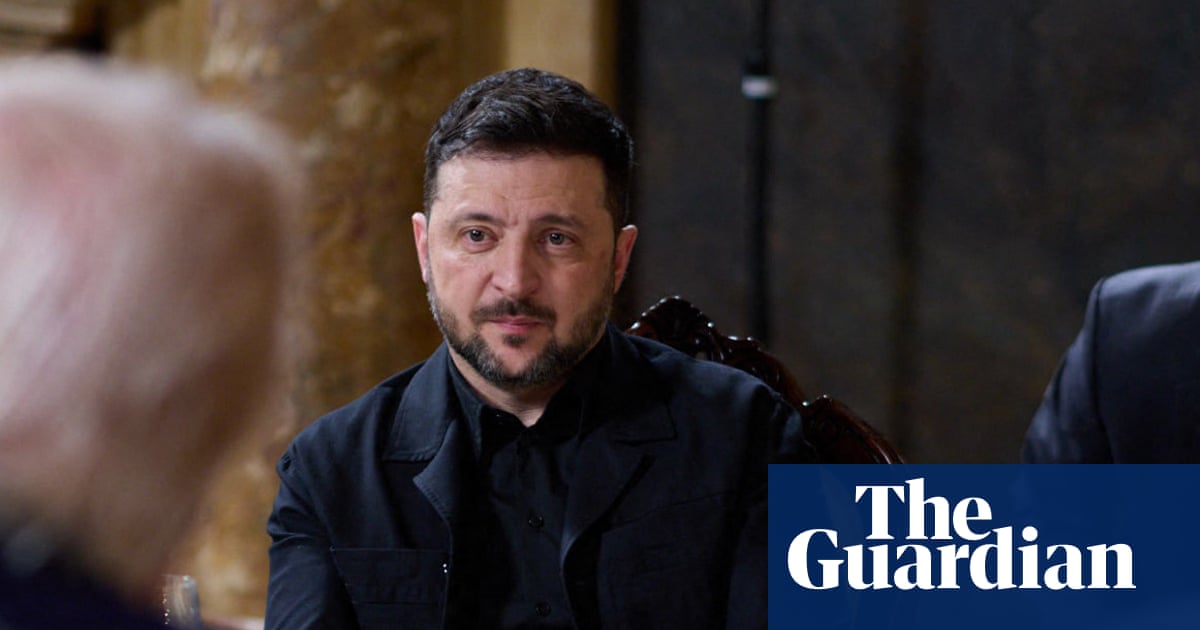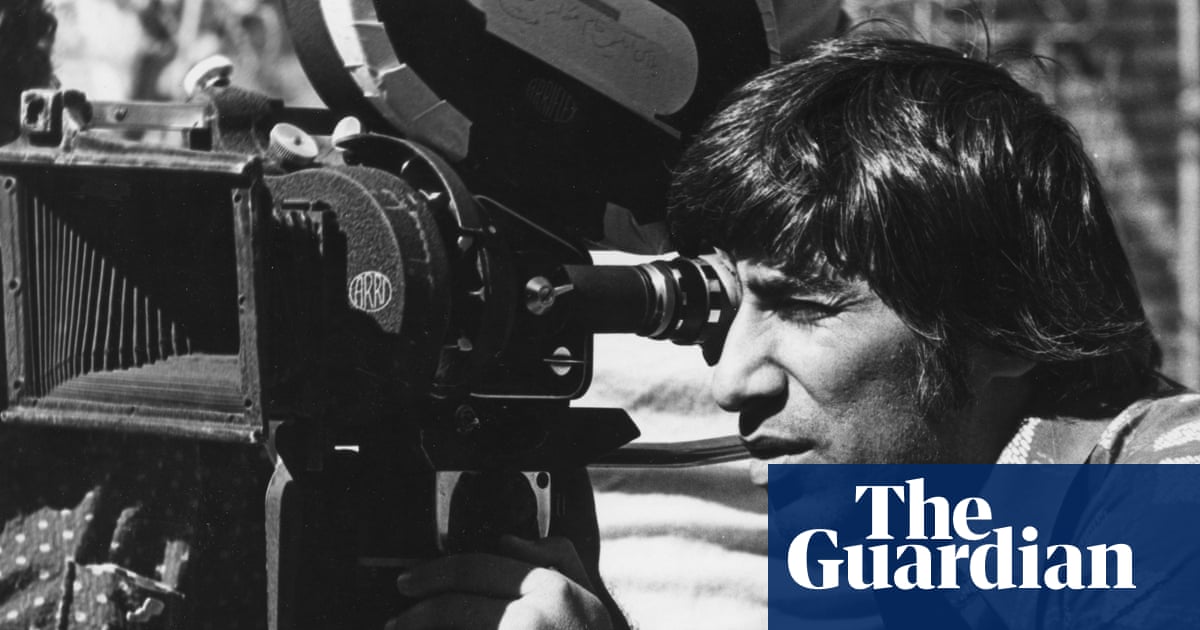How can I heal from burnout while having to do the exact same things that contributed to burnout? Over the past seven years I have worked in government roles and endured intense bullying and misogyny. At the same time, nice colleagues were also scared or bullied into silence. I am on a contract with a truly lovely team but it is short-term and I’m now having to apply for yet more jobs.
I have lovely friends and we all support each other, I utilise the work employee support service and have an excellent therapist, and I feel comfortable financially as long as I keep earning what I’m earning.
On the whole I know I am managing and surviving, but I am exhausted. I can’t contemplate a holiday because that comes straight out of my savings, I can barely contemplate looking at job listings let alone doing an application, and goodness forbid I have to perform all the necessary fakery in an interview. I just can’t hack it! I wish I had a trust fund or a husband who can pay for my bills. I would just take three months off to heal and look after myself, then hit restart and begin working again.
I’ve led an amazing life. I love my house and my cat and my style and my friends and I love my intelligence and my potential, but I feel like my burnout is holding me back.
How can I solve this problem? So many burnout books and blogs seem to assume a second income is present to take care of all the stuff that will still need doing if I take a break, but it’s just me. How do I take an actual break?
Eleanor says: Have you heard the anecdotal thing that shelter dogs often just sleep for the first week after they’re adopted? Something about finally feeling safe, away from the chaos and noise of the shelter, and they plunge into the deep sleep of at last coming off a very long watch.
Lots of us are, so to speak, desperate to come off the watch, only nobody’s coming to take us home. How are you supposed to feel it’s at last OK to rest your eyes when there’s always another bill, another task? How are you supposed to find reprieve when your environment won’t let you pause?
One small thing that can help is to switch your thinking about self-care from activities to feelings. The self-care industry often presents “rest” as a set of actions: a holiday, a meditation, a particular kind of exercise – sometimes conveniently bundled together for a price. But no activity is recovery if you feel eroded and small while doing it. Activities help when they are routes to a feeling but it’s the feeling itself that matters. Frogmarching through something that’s meant to make people feel calm won’t be much use if the stress follows you throughout, or if what you needed wasn’t to feel calm but to feel free, or silly, or stimulated.
It can help to name the feeling we need in greater detail than we’re used to. Not “I need to not feel burned out” but “I need to feel safe”, or “like myself”, or “like I’m enough”. Then we can look for ways to get those feelings that don’t require months of expensive leave. Instead of the activity “no screens”, the goal of feeling proud of something I did today. Instead of the activity of “long walk”, the feeling of attending to my surrounds. Are your finite slivers of recreation giving you the feelings you need to recharge? Are there small ways to make room for them at work?
Another strategy might be to cut the corners you can. You’re clearly clever, energetic, capable. These qualities can rotate 90 degrees in your psyche and turn every part of life into an opportunity to do well. It doesn’t have to be. Clean irregularly. Have freezer meals. Do administrative tasks to exactly the level at which they do not make your life worse, then stop.
All this said, there’s only so much you can do inside your head to solve a problem outside your head. This is about class and labour and the necessity of exchanging time for money. You can’t reframe that away because it is not, in the first instance, a psychological experience. It’s a power experience.
It is not up to us to stop working. In one way that’s very defeating. In another it’s galvanising: it gives us people to connect with and fight alongside. The other women in your industry facing misogyny in the workplace, the other people at this point in their lives stressed about retirement – one way to overcome feelings of defeat and futility is to find those people and connect with them, not only about these feelings but their causes too.
The letter has been edited for length

 3 months ago
67
3 months ago
67

















































